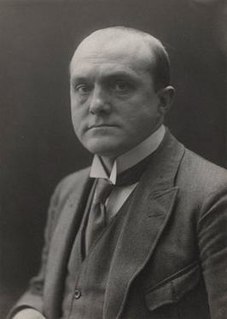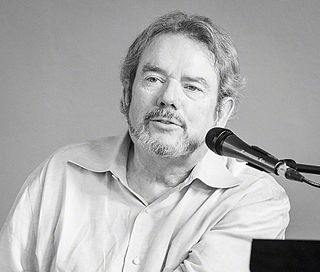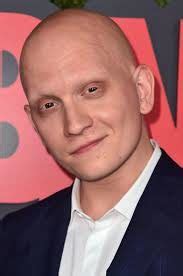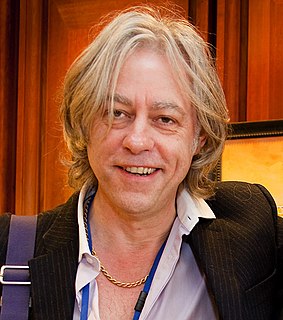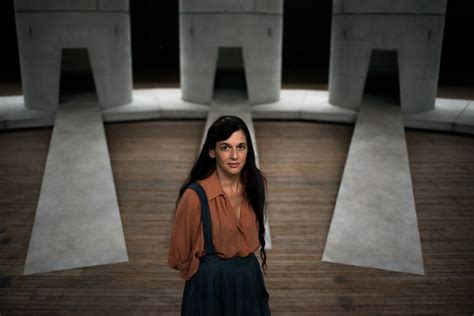A Quote by Max Beckmann
The world is rather shot to pieces [end of World War II - 1945], but the spectators climb out of their caves and pretend to have again become normal and customary humans who ask each other's pardon instead of eating one another or sucking each other's blood. The entertaining folly of war evaporates, distinguished boredom sits down again on the dignified old overstuffed chairs.. .May I report about myself that I have had a truly grotesque time, brim-full with work, Nazi persecutions, bombs, hunger, and again and again work - in spite of everything [a. o. using his bed sheets as canvas for the new paintings].
Quote Topics
About
Again
Again And Again
Another
Ask
Become
Bed
Bed Sheets
Blood
Bombs
Boredom
Brim
Canvas
Caves
Chairs
Climb
Distinguished
Down
Each
Eating
End
Entertaining
Evaporates
Everything
Folly
Full
Grotesque
Had
His
Humans
Hunger
Instead
May
Myself
Nazi
New
Normal
Old
Other
Out
Paintings
Pardon
Pieces
Pretend
Rather
Report
Sheets
Shot
Spectators
Spite
Sucking
Time
Truly
Using
War
Work
World
World War
World War I
World War II
Related Quotes
Strip back the beliefs pasted on by governesses, schools, and states, you find indelible truths at one's core. Rome'll decline and fall again, Cortés'll lay Tenochtitlán to waste again, and later, Ewing will sail again, Adrian'll be blown to pieces again, you and I'll sleep under the Corsican stars again, I'll come to Bruges again, fall in and out of love with Eva again, you'll read this letter again, the sun'll grow cold again. Nietzsche's gramophone record. When it ends, the Old One plays it again, for an eternity of eternities.
Again and Again, however, we know the language of love, and the little churchyard with its lamenting names and the staggeringly secret abyss in which others find their end: again and again the two of us go out under the ancient trees, make our bed again and again between the flowers, face to face with the skies
Both of my grandfathers fought in the Second World War, and my great-grandfather died at the Somme in the First World War. I never truly believed that the War just finished and everyone was happy-clappy, brought out the bunting, and felt everything was okay again. That's definitely not my impression of the fall-out of war.
Because we can't comprehend it, and that's what allows us to do it again. And it is the normal, it's the average person that can do this. Again, in an imaginary other universe, maybe we'd have done it. That's the terrible truth that lies at the heart of each of us; that imponderable, 'were I not Jewish, in Hungary, Czechoslovakia, Germany, would I have gone down on the other side?'
It's important to remember that World War II was experienced very much as a continuity in that sense. Most of World War II in most of Europe wasn't a war; it was an occupation. The war was at the beginning and the end, except in Germany and the Soviet Union, and even there really only at the end. So the rest of time it's an occupation, which in some ways was experienced as an extension of the interwar period. World War II was simply an extreme form, in a whole new key, of the disruption of normal life that began in 1914.
Because God is full of life, I imagine each morning Almighty God says to the sun, "Do it again"; and every evening to the moon and the stars, "Do it again"; and every springtime to the daisies, "Do it again"; and every time a child is born into the world asking for curtain call, that the heart of the God might once more ring out in the heart of the babe.
